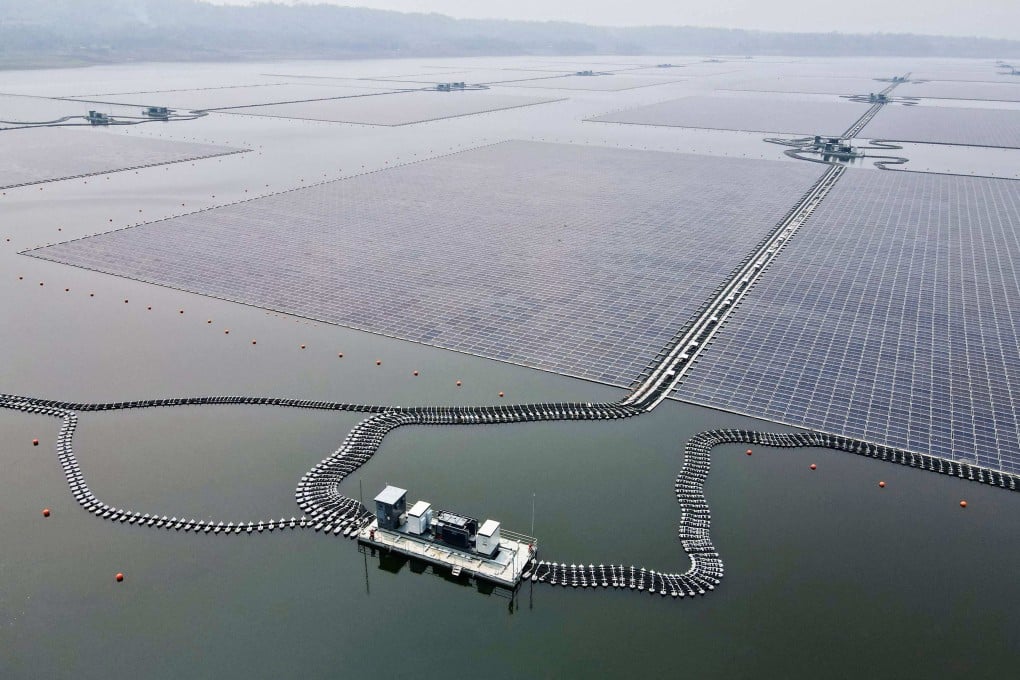Asian infrastructure bank AIIB’s president looks to fund climate-linked projects in Asean
- Asean nations need to ‘ramp up efforts to finance climate change mitigation and adaptation projects’, Jin Liqun says

Asian Infrastructure Investment Bank (AIIB) has surpassed a goal for financing climate-change projects two years ahead of schedule and will continue to ramp up such lending, focusing on projects with private sector participation and in the Association of Southeast Asian Nations (Asean) region, according to its president.
Around 20 per cent of the more than US$50 billion of financing AIIB has approved to date went to the Asean, the union of 10 states that is home to more than 600 million people, according to Jin Liqun. However, the amount is insufficient, he added.
“Asean nations need to go a step further to strengthen connectivity and ramp up efforts to finance climate change mitigation and adaptation projects,” he said on Tuesday after delivering a keynote speech to the 16th Asean & Asia Forum in Singapore. “We are very much supporting Asean countries in their economic integration to strive for sustainable development and combat climate change.”
Indonesia accounts for just over half of AIIB’s financing to Asean nations, while Vietnam has shown strong interest in strengthening collaboration with the bank, he said.
While likely to exceed US$300 billion for the first time this year, clean energy spending in developing economies outside China remains far below what is required due to high capital costs, the International Energy Agency said in a report last month.